Understanding Crude Protein and Its Importance for Deer
Crude protein is a critical component of a deer's diet, playing a significant role in their health, growth, and antler development. Understanding what crude protein is and why it is essential can help wildlife enthusiasts, hunters, and land managers provide better nutrition for deer populations. In this blog post, we'll delve into the concept of crude protein, its importance for deer, and how to ensure deer receive adequate amounts in their diet.
What is Crude Protein?
Crude protein is a measure of the total protein content in animal feed or forage. It includes both true protein and non-protein nitrogen compounds, which can be converted into protein by the animal. In essence, crude protein is an estimate of the protein that is available to an animal based on the nitrogen content of the feed.
The Importance of Crude Protein for Deer
-
Muscle Development: Protein is essential for the growth and repair of muscles. For deer, especially during the fawning and growing seasons, adequate protein intake supports muscle development and overall body condition.
-
Antler Growth: Bucks require high levels of protein to develop strong and healthy antlers. Antlers are made up of bone, which requires a significant amount of protein for growth. During the antler-growing season, bucks' protein needs increase substantially.
-
Overall Health: Protein is vital for various bodily functions, including enzyme production, immune response, and hormone regulation. Adequate protein intake ensures that deer maintain good health and are more resilient to diseases and harsh environmental conditions.
How to Ensure Deer Get Enough Crude Protein
-
Natural Forage: Providing a diverse range of natural forage is crucial. Plants such as clover, alfalfa, and legumes are rich in protein and can help meet the nutritional needs of deer. Ensuring that your land supports a variety of these plants can promote better overall nutrition.
-
Food Plots: Planting food plots with high-protein crops can provide a reliable source of protein for deer. Crops like soybeans, peas, and brassicas are excellent choices for food plots designed to boost protein intake.
-
Supplemental Feeding: Supplements can play a key role in ensuring deer receive enough protein, especially during critical periods such as late winter and the antler-growing season. Products like Monster Mix Magic and Antler Amplifier are designed to provide deer with the essential nutrients and protein they need to thrive.
Benefits of Using Supplements
-
Consistent Nutrition: Supplements help fill the nutritional gaps that may exist in natural forage, ensuring that deer receive a consistent supply of protein and other essential nutrients.
-
Improved Antler Growth: By providing bucks with the necessary protein during the antler-growing season, supplements can enhance antler size and structure, which is beneficial for both the health of the deer and the interests of hunters.
-
Better Overall Health: Supplements support the overall well-being of deer by boosting their immune system, improving coat quality, and increasing energy levels. Healthy deer are more likely to survive harsh winters and produce healthier offspring.
Conclusion
Crude protein is an indispensable part of a deer's diet, influencing their muscle development, antler growth, and overall health. By understanding the importance of crude protein and implementing strategies to ensure deer receive adequate amounts, you can support healthier and more robust deer populations. Whether through natural forage, food plots, or supplements like Monster Mix Magic and Antler Amplifier, providing high-quality protein sources is key to promoting the well-being of deer in your area.

